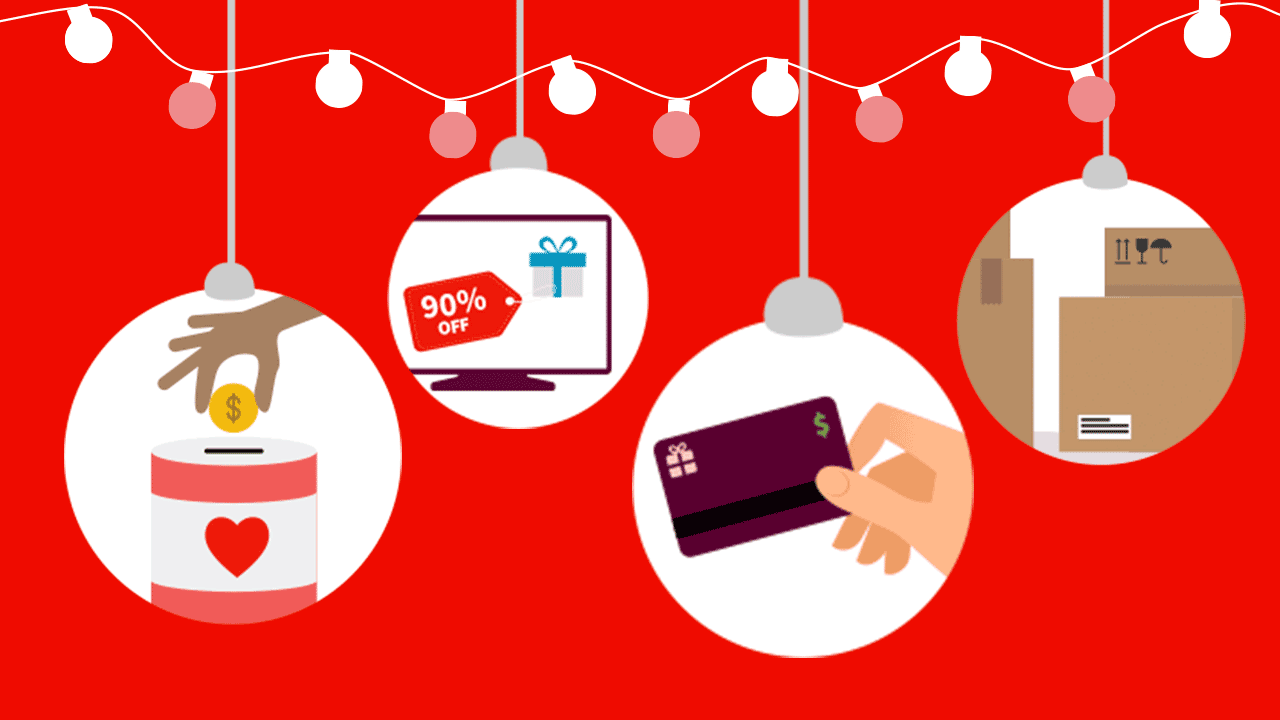AARP Hearing Center

While this season is supposed to be filled with joy and cheer, it’s also, unfortunately, a season of holiday scams.
Each year, tens of thousands of consumers call AARP’s Fraud Watch Network Helpline to report suspected fraud. When it comes to the holiday season, scammers are using end-of-year donation requests, online shopping ads, fake notifications about shipping issues, peer-to-peer payment platforms and gift cards to target people as a way to gain access to personal information and finances.
A recent AARP Fraud Watch Network survey revealed some interesting facts. For example:
- Three in four (76%) adults in the U.S. have experienced or been targeted by at least one form of fraud tied to the holidays. Contrary to popular belief, younger adults experience fraud more often than older adults.
- Over two-thirds of U.S. consumers said they shopped online last holiday season, with 21% of total shoppers saying they will go online even more this holiday season.
- 67% plan to purchase gift cards for someone this holiday season and 58% rely on gift cards off the rack at a retail store (those racks are a known target for scammers).
- With charitable giving donations up during the holidays, 82% of consumers have received a request to donate to a charity – and 39% have received a charitable donation request they felt was likely to be fake. However, half (51%) of people do NOT ‘always’ research an organization or cause before making a monetary donation.
Here are some things to watch for to ensure the holidays are “merry” and not “scary.”
- Watch for spelling errors or poor grammar on a shopping website or in an email or text.
- Be wary of “too good to be true” deals. Huge discounts on hot gift items, especially when promoted on social media or unfamiliar websites, could be scams.
- Beware of an unsolicited email asking you to click on a link or download an app to access a deal or arrange a package delivery.
- Charity scams are high at this time of year. Pressure from a charity to donate “right away” or to donate by gift card, cash or wire transfer are red flags.
To protect yourself from possible scams, you can:
- Go to your web browser and type in the web address of the retailer you want to shop with or the charity you want to support, rather than clicking links in an email or text.
- Pay by credit card so you can dispute charges and limit the damage if the transaction was fraudulent.
- Buy gift cards online directly from the business instead of a retail rack, where cards can be tampered with. If you receive a gift card as a gift, register it right away if that’s an option – and use it sooner rather than later.
If you can spot fraud, you can prevent fraud!































































